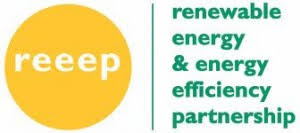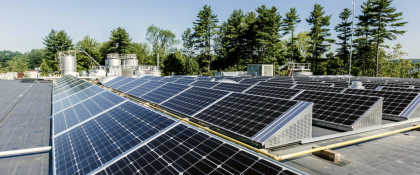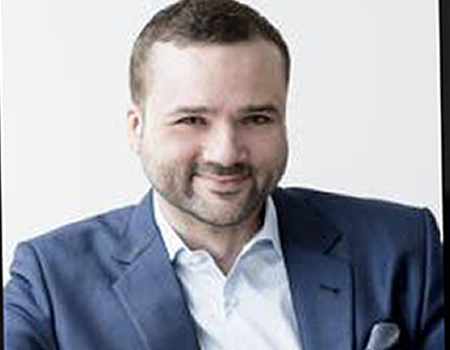Energy Worth with Agency Report
The Renewable Energy and Energy Efficiency Project (REEEP), funded by United States Agency for International Development (USAID) and Power Africa, has completed its four-year project in Nigeria.
Speaking at the official completion of the REEEP initiative, which was introduced to facilitate the development and financing of renewable energy and the energy efficiency market in Nigeria, the U.S. Consul General, F. John Bray, commended the initiative for raising Nigeria’s awareness to the renewable energy and energy efficiency since four years?
While lauding REEEP aimed at promoting the renewable energy industry in Nigeria through commercially-oriented assistance and access to finance services, for creating awareness of the private sector and driving the renewable energy sector forward, Bray added that “renewable energy is clean, convenient and cheaper to use.”
The REEEP, which promoted policy changes that improved business conditions, according to Bray, was created to increase the available megawatts in Nigeria.
He noted that the challenge was finding new financing solutions to the renewable energy sector growth.
Javier Betancourt, Chief of Party, REEEP, while lauding donors, non-governmental organisations, government agencies, lending institutions and Nigerian renewable energy companies for their participation in building the sector in the country, disclosed that USAID REEEP facilitated the development and financing of renewable energy (RE) and energy efficiency (EE) markets, as well as strengthened the current policy and regulatory environment for public and private sector investments.
Betancourt said the project, which ran from March 2014 to February 2018, aimed to mitigate climate change, reduce carbon emissions, increase economic opportunities, improve employment and sustain development in Nigeria.
He said that: “through its technical assistance and financial services during the project’s tenure, REEEP enabled over 16,600 connections for 2.15 megawatts of power either through off or on-grid sources,” meaning that 261,938 Nigerians received clean and reliable energy for the first time, which resulted in over 85,000 energy saved due to more efficient technologies compared to diesel or petrol.
REEEP leveraged about $12.1 million in financing for renewable energy and energy efficiency projects from both domestic and international investors, Betancourt added.
“These four years have been a challenging, yet transformative time. Nigerian companies made movement on ambitious new projects, such as Africa’s largest potentially solar irrigated farm,” he said, adding that “this is the first training capacity building project that has existed in the country.”
Also, ClClean Energy Finance Expert, Olugbolahan Mark-George, disclosed that the project focused basically on teaching the banks how to lend to financing the renewable energy sector and training.
Mark-George, who noted that five banks are actively using renewable energy as source of power, commended Nigeria for catching up with the renewable energy use. He said that “in a few years to come, this renewable energy will make impact on the country, as small-scale business owners will resort to using solar energy instead of power-generating sets to work.”
He cited Germany, which makes money from the renewable energy.






